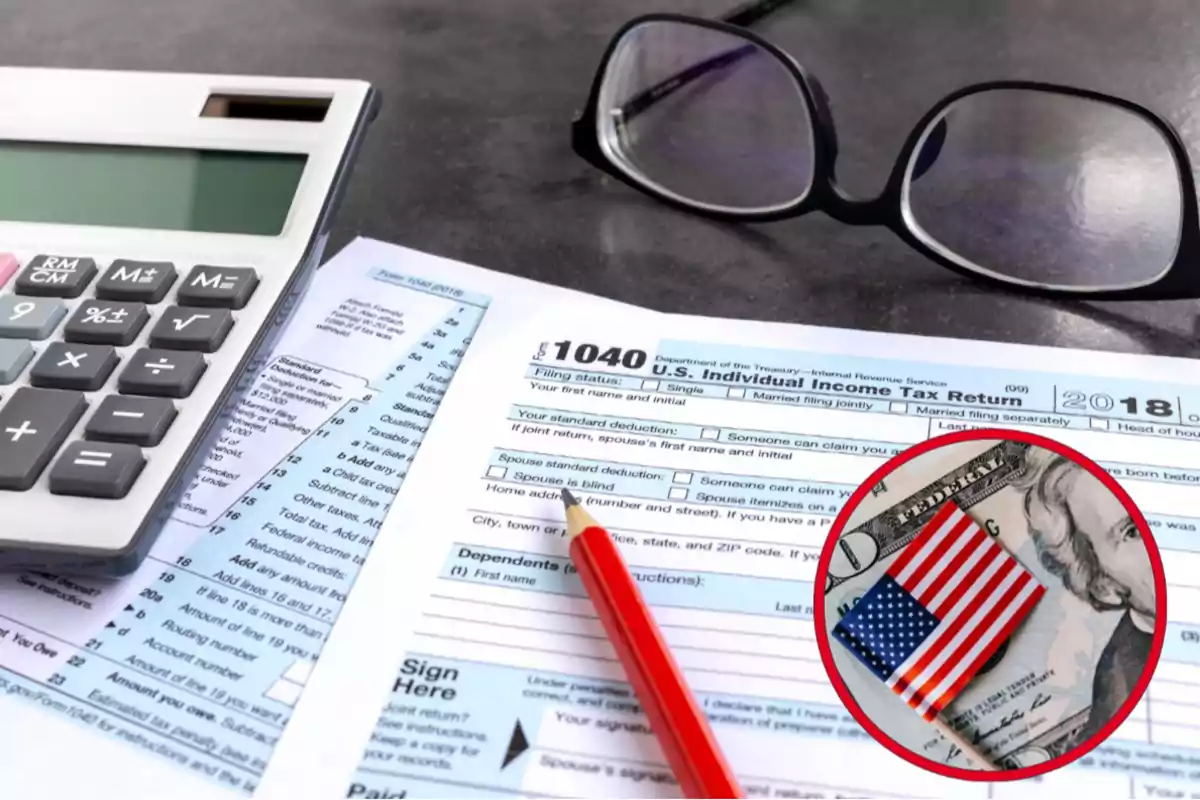Starting September 30, 2025, the Social Security Administration (SSA) will stop sending paper checks for monthly benefit payments. This change affects millions of people, but there are some exceptions that allow recipients to keep receiving printed checks under certain criteria.
Who can still receive paper checks?
Not all beneficiaries will have to switch to electronic payment. Only the following may request an exception:
- People over 90 years old.
- People with a disability that prevents them from receiving electronic payments.
- Beneficiaries who live in remote areas without access to the necessary digital services.
If you meet any of these requirements, it's important to act before September 30 to avoid interruptions in your payments. You can contact the Treasury Electronic Payment Solution at 1-855-290-1545 or print and send the official form to request the exemption.

Why is the paper check being eliminated?
The U.S. Department of the Treasury has pointed out several reasons for this change:
- Security: paper checks are increasingly vulnerable to fraud and theft.
- Speed: electronic payments arrive much faster than traditional checks.
- Reduction of delays: mail problems can cause delays; digital payments always arrive on time.
- Cost savings: an electronic payment costs 15 cents compared to the 50 cents it takes to issue a paper check.
In other words, electronic payment is safer, more efficient, and more economical.
How to receive your payment electronically
If you don't qualify for the exception, you'll need to switch to digital payment. There are two main options:
- Direct deposit to your bank: contact your financial institution to activate the transfer.
- Direct Express card: a prepaid debit card managed by the government that automatically receives payments.
You can also update your information and payment options through the mySocialSecurity portal, which allows you to manage your benefits quickly and securely.

About the Social Security Administration (SSA)
SSA is the agency responsible for administering retirement, disability, and survivor programs in the United States. In addition, it manages Supplemental Security Income (SSI) for older people, people who are blind, or people with disabilities. Its mission is to ensure that the most vulnerable citizens receive reliable and secure assistance.
What to do if you need an exemption
If you meet the requirements to keep receiving paper checks, don't wait until the last minute. Contact the Treasury, complete the official form, and make sure your request is approved before the deadline. This way, you'll avoid any interruption in your payments and ensure your benefits arrive safely.

